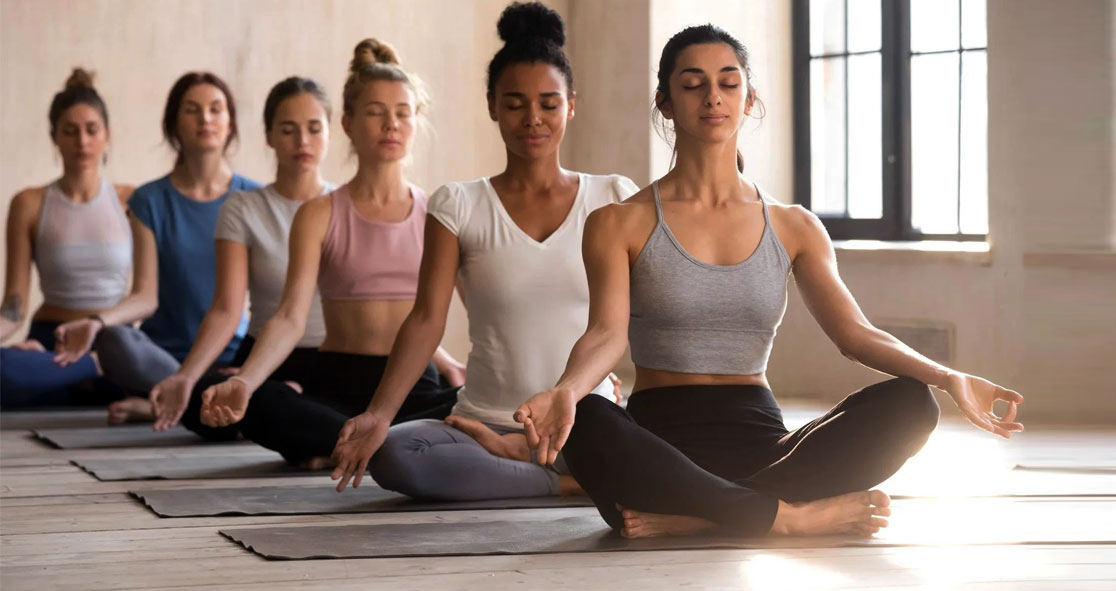We have so many gyms and clubs that help us get physically better, but what about our mental health? How to improve our mental health? Where do we need to go to boost mental fitness?
Well, the COVID-19 pandemic affected most people’s emotional health, with an increasing number of people seeking mental health treatment through psychologists and therapists. At the same time, there has been one more option, which emerged over the last year, called mental health gym or mental fitness studio.
A mental health gym is a relatively new way of treating your emotional well-being. It provides a different way of building and maintaining your mental wellness. It also helps tackle issues like stress, anxiety, and burnout.
Mental health workout sessions are designed to strengthen your skills like courage, gratitude, and confidence, according to U.S. News. However, these sessions are the replacement of intensive treatment that a mental health care professional is trained to do.
Dr. Ronald Breazele, founder and director of Psychological and Educational Services, says, “Many people want ongoing help with their emotional well-being and not just when they are feeling down and depressed.”
“Those community programs taught life skills to improve communication, manage stress, and build mental resiliency, back when there were too many people to be seen individually by mental health professionals,” he adds.
During the COVID-19 pandemic, mental fitness studios such as Liberate and Coa helped people to tackle mental health issues.
Liberate founder Liv Bowser says, “As COVID grew in the U.S., my mental well-being – and that of so many others – took a big hit. I craved a more purpose-driven role that would let me not only take care of my mental well-being but also improve collective mental wellness so everyone could feel supported with whatever they are going through.”
She explains that her options were to use a meditation app or go to therapy alone while she was taking care of her mental health.
Bowser says, “Both of those resources have been valuable for me and for so many people, but they can still be very isolating environments. So I thought to myself, why can’t I create a mental fitness studio to help others like me feel resilient, confident, and mentally fit?”
Generally, the cost of sessions at a mental health gym is affordable than traditional therapies. For instance, Liberate charges $19 a month with its on-demand videos, while Coa charges $25 for a live session. On the other hand, a one-on-one session with a professional therapist could cost you $100 to $200.
There is a growing demand for mental health gyms because there are fewer psychologists and therapists. Plus, there has been a shortage of trained experts in the field for so many years.
Dr. Breazele says online group sessions might be arriving at the perfect time.
He says, “If individual therapy is not available due to public demand, with the growing shortage of trained providers, people are going to have to accept other approaches and one of them might be doing more group sessions. One-on-one sessions will always be important, but that doesn’t mean some needs cannot be addressed in group settings.”























